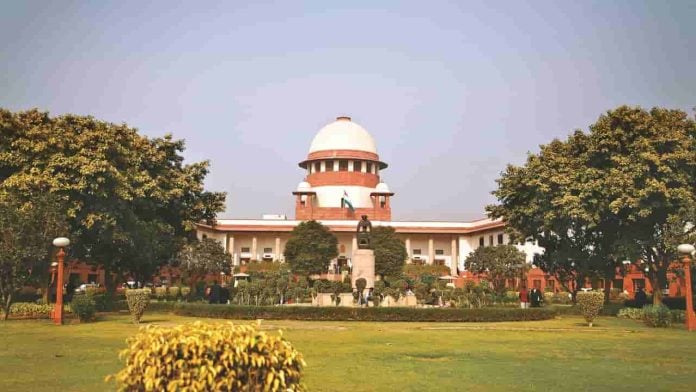The Supreme Court has ruled that a will which is more than 30 years old, cannot be considered genuine under Section 90 of the Indian Evidence Act.
The Division Bench of Justice S. Ravindra Bhat and Justice Hima Kohli passed the order recently, while placing reliance on its 2013 verdict in the MB Ramesh (D) by LRs v. KM Veeraje Urs (D) by LRs and Others case.
The Bench observed that the genuineness of a will had to be proved in terms of Section 63(c) of the Indian Succession Act, 1925 and Section 68 of the Indian Evidence Act, 1872.
It said that Section 69 of the Evidence Act would be applicable, in case the attesting witnesses had died or could not be found.
After the High Court cast doubts about the possession of the respondent, the respondents approached the competent court for letters of administration.
At the time of trial, none of the attesting witnesses were alive. Therefore, the trial court relied on the depositions of two of the sons of the testator as well as the deposition of one Surendra Nath Bhowmick, who deposed to having seen the testator duly sign the will.
The administration proceedings were contested by the appellant, where he contended that proceedings were not maintainable as relief was sought after a very long period of time. The trial court relied upon the depositions of witnesses as well as the documents produced, including the registered deed of partition, which expressly mentioned the will in question.
It also relied upon the deed executed by Upendra, which also contained a reference to the will. Accordingly, the trial court recorded that the respondent was entitled to letters of administration. The High Court rejected the appeal filed against this verdict.
The appellants then moved the Supreme Court.
Case title: Ashutosh Samanta (D) by LRs and Others vs SM Ranjan Bala Dasi and Others)


